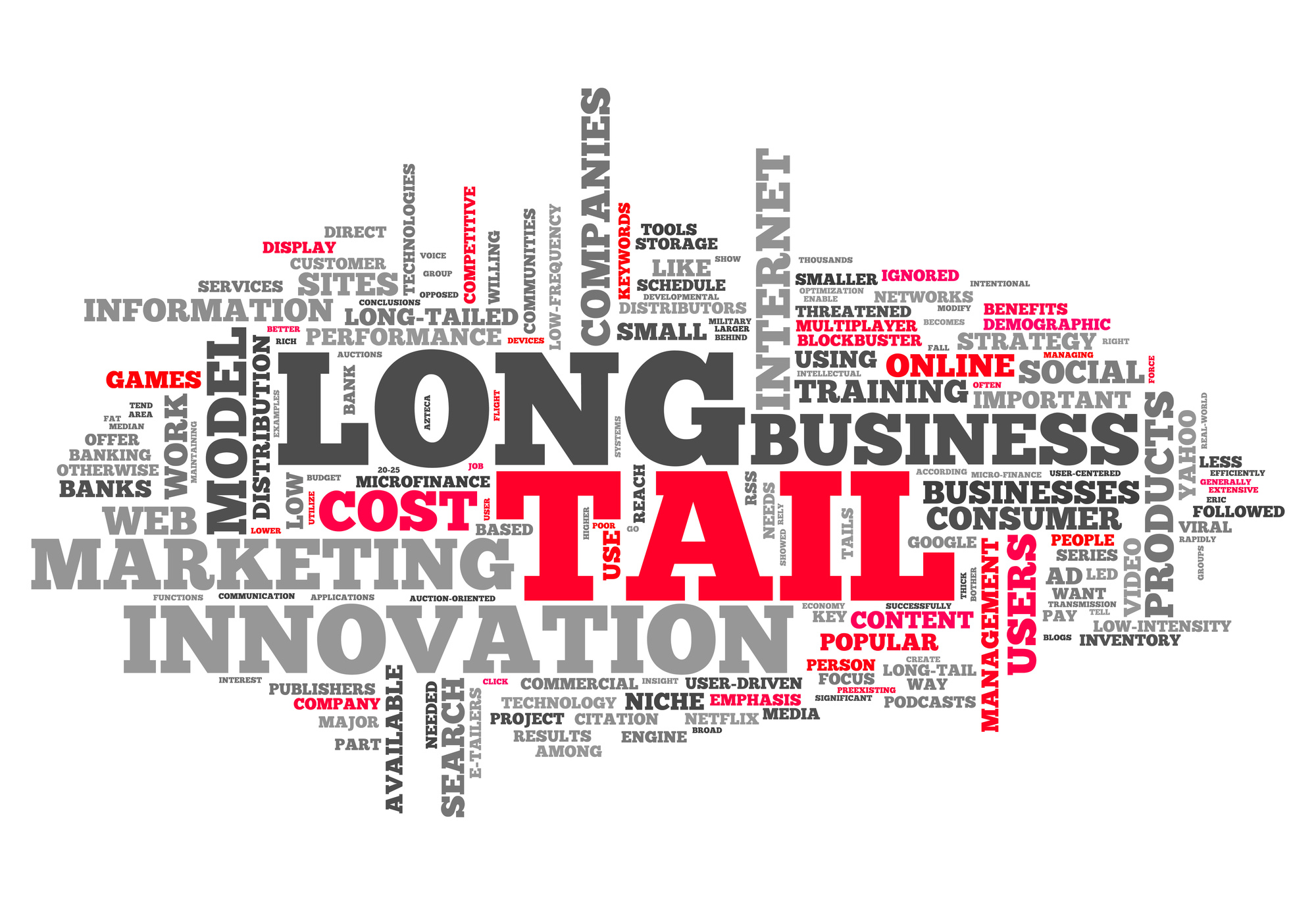Long tail keywords: they’re not just the superfluous cousin to regular keywords. They’re a whole different animal.
If you’re having trouble driving new traffic to your website, your keywords might be the problem. Depending on your industry, keywords need to be more or less specific to grab the right potential customers’ attention.
96% of searches in the US are searched for less than 50 times per month.
If your industry fills a certain niche, long tail keywords will probably help your SEO. If you’re not already using them in your marketing strategy, you need to be.
Keep reading to learn all about why.
Less Competition
Since these keywords are so much more specific than regular, one to two-word keywords, user search results will yield a much smaller pool of returns.
Since the pool is so much smaller, you’re going to take up a lot more room. This applies to both paid ads and organic searches, too.
Think of it this way: a search for “pelican pool float” is going to yield a much smaller number of pool floats than a search for “pool float.” There are only so many pelican pool floats in the world. If you’re in the pelican pool float business, you’re going to rank higher than you would among all the pool floats in the world.
Decreased Bounce Rate
Besides your SEO rankings, your long tail keywords actually help your customers find you easier. Potential visitors don’t want to waste their time poring over sites to find what they need. They appreciate when they Google something and exactly what they need is right there on the first page.
When normal keywords are used, the user has to jump around from site to site to try to find the service or product they’re looking for. That’s a waste of your time, too– it means your bounce rate is going to be super high.
The more time you can keep leads on your site, the better. This leads to increases in mailing lists, ebook requests, and conversions. And a better conversion rate means more business.
All from long tail keywords.
Long Tail Keywords are More Profitable
They’re definitely useful in marketing tactic concerned with organic Google rankings, but long-tail keywords are also a key element for advertisers who work with paid search campaigns. Why?
Because they cost less. It plays back into the competition we discussed earlier, and the concept of supply and demand. Since there’s less demand, advertisers are able to bid less for cost per click ads.
In AdWords campaigns, that means that your ad rankings for searches will soar, without having to pay expensive premiums per every click.
By targeting longer, more specific long-tail keywords in your AdWords campaigns, you can get higher ad rankings on relevant searches without having to pay a premium for every click.
Your SEO Strategy
What does your SEO strategy look like? If it’s not already mapped out, we can help. Get in touch to discuss your niche, and how we can help you up your rankings organically.



